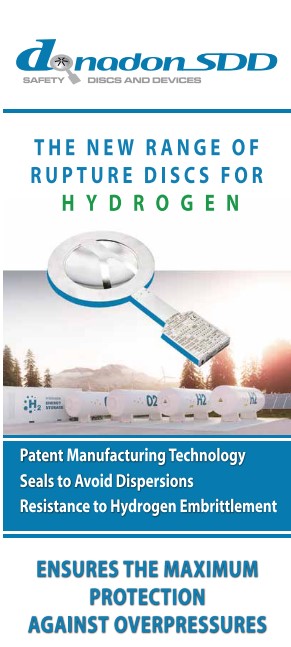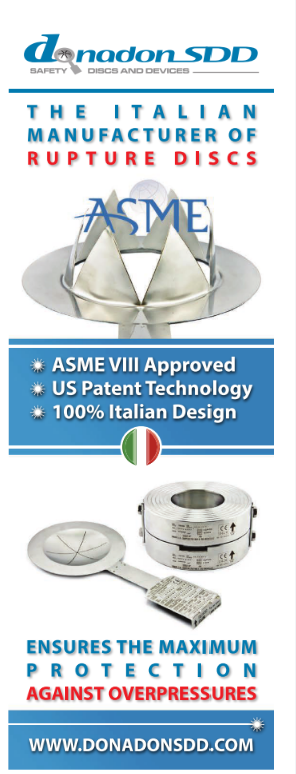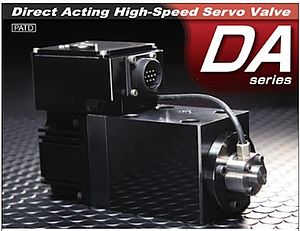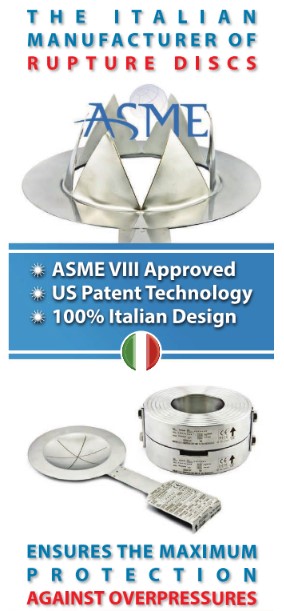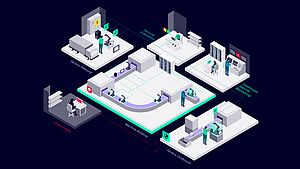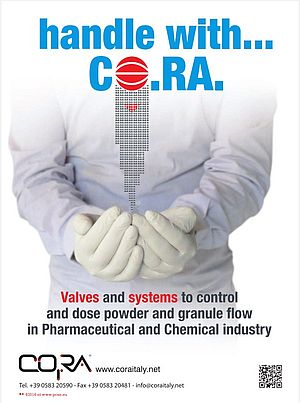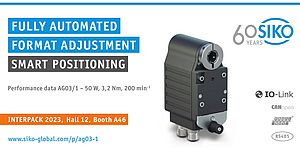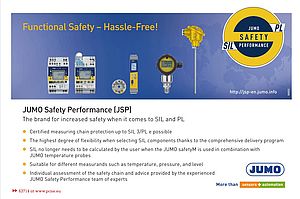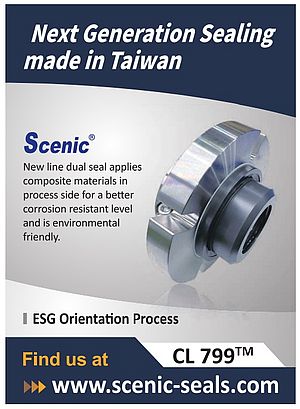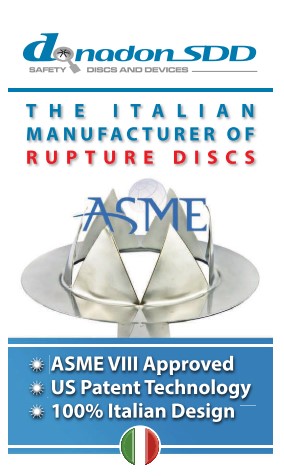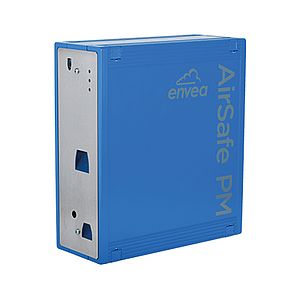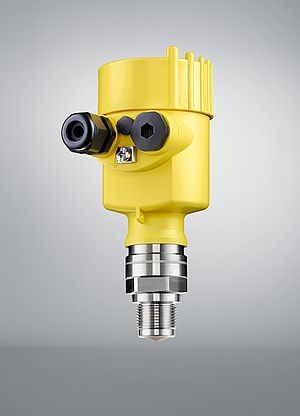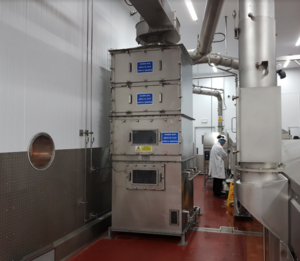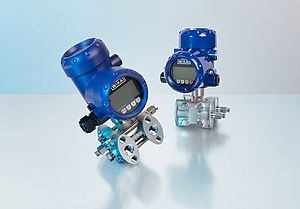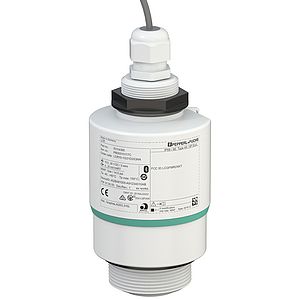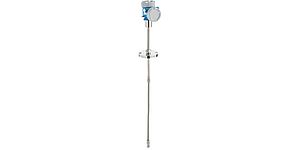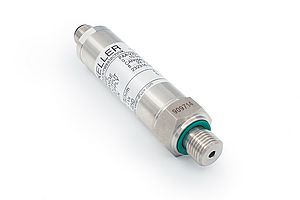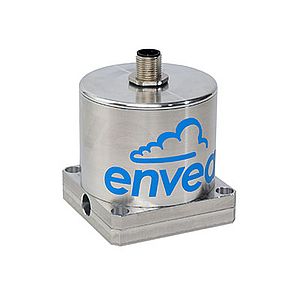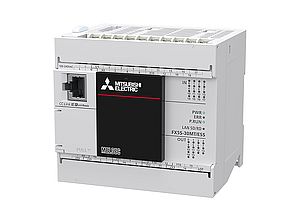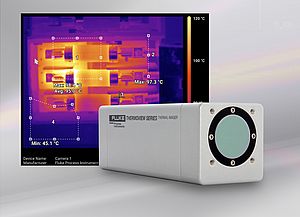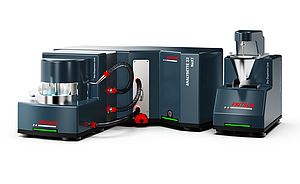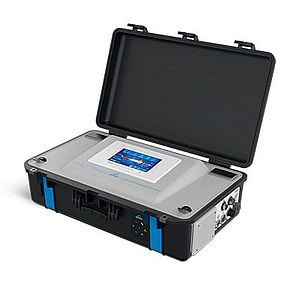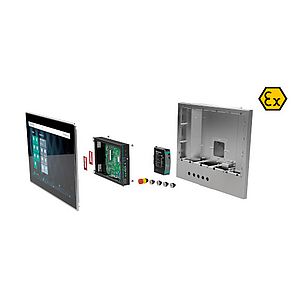With the introduction of the innovative digital twin platform and digital nameplates, R. STAHL, an expert in explosion protection, is marking a new milestone in the process industry. This groundbreaking technology makes it possible to efficiently manage and interactively use digital twins of actual system components, which offers major benefits for operators, planners and manufacturers of process systems.
Optimisations for operation and mainenance
The digital nameplate is a technically more advanced version of the traditional rating plate. One of its functions is to provide all of the information and markings required for safe use and maintenance of products in digital form. This information can be accessed from anywhere in the world, at any time, thanks to QR codes or RFID tags according to IEC 61406 which are applied to the products. By ensuring that the relevant data and documentation is available at all times, this forms the basis for optimising maintenance work and operations management as a whole. This makes it far easier to adhere to safety and compliance regulations.
R. STAHL is one of the global pioneers to have successfully implemented submodels such as the digital nameplate, technical data, handover documentation and contact information according to the strict specifications of the IDTA (Industrial Digital Twin Association). "We're very pleased that R. STAHL is one of the first suppliers to fully implement the IDTA submodels for types and instances when using the digital twin in practice," explains Meik Billmann, Executive Director of the IDTA. "The combination of digital nameplates and digital twins represents a milestone for efficient system operation and the interoperable use of data in the process industry," highlights Björn Höper, Head of Working Group 1.4 "Asset Administration Shell" in the NAMUR user association.
R. STAHL presents six real applications which clearly demonstrate how the digital platform can be effectively used to operate process systems more efficiently and safely. The solutions range from the provision of documents and automatic notification of firmware updates, through to improved maintenance processes.
Seamless integration and interaction with digital twins
"With the launch of the digital twin platform and digital nameplates, we are setting a new standard which not only increases safety and efficiency when operating process systems, but also plays a key part in the digital transformation of the industry," explains Roland Dunker, Head of Digital Services at R. STAHL. "Our platform enables seamless integration and interaction with digital twins, meaning that our customers can achieve huge cost savings and improvements, from planning a system, operating it and then recycling afterwards.”
R. STAHL's digital twin platform offers support for effectively implementing concepts relating to the industrial Internet of Things and optimising processes throughout a system's entire life cycle. From planning, commissioning, ongoing operations, right through to decommissioning, all of the relevant data is available directly and is interoperable. This not only helps with precise maintenance and fast troubleshooting, but also promotes sustainable operating practices. Planning costs, requirements for updating data, and downtimes are minimised and the environmental impact is reduced.
The basis for the digital product passport according to the EU Regulation
The combination of digital nameplates and the digital twin platform based on asset administration shells from R. STAHL also addresses another compliance issue: According to the ESPR (Ecodesign for Sustainable Products Regulation) of the European Union, it is expected that a digital product passport (DPP) will be mandatory for products from 2026 onwards. This measure aims to provide information about products with regard to their origin, composition, use and recycling in digital form so that they are sustainable and recyclable. This is made possible by the solution based on digital nameplates (according to IEC 61406) and asset administration shells on the digital twin platform. Roland Dunker is confident that "with the new digital twin platform, this is another area where R. STAHL is taking on a leading role in the sustainable transformation of the industry.”















